Recently released resources - published within the last two years.
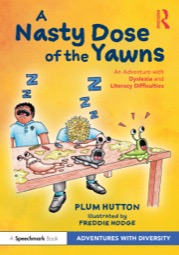
This resource takes a holistic approach to supporting children with dyslexia. Chapters ...
Our top picks. These 'must have' resources have been selected because they are easy to use and are evidence based or field-tested with consistently good feedback.
Solid & proven or fresh perspectives. If you are looking for a little more depth on a topic or some fresh materials, these resources are all hand-picked by us based on their useability and real world feedback.

This resource takes a holistic approach to supporting children with dyslexia. Chapters ...
Dive a little deeper... These resources may not be as well known or may have been around a while but they are still well worth a look. If something doesn't work or gets negative feedback, we cull it.
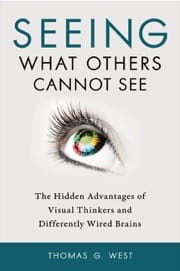
investigates how different kinds of brains & different ways of thinking can help to mak...
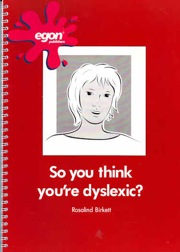
This excellent short book provides a starting point to help adolescents and adults talk...
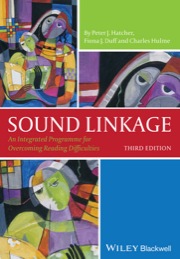
The updated edition of this successful resource has been developed to support children ...
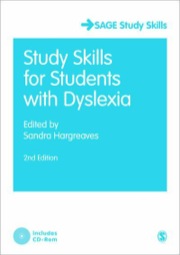
Full of advice on topics such as note taking, reading strategies and exam technique, th...
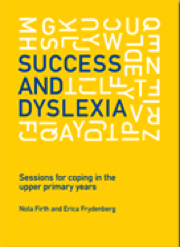
Unique, evidence-based program that assists upper primary students; especially those wi...
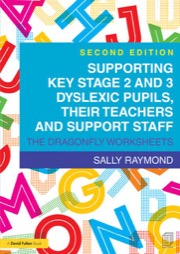
This A4 resource book provides all the materials required to follow structured programm...
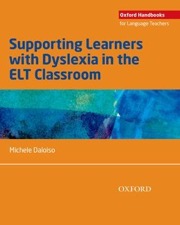
Full of practical ideas to assist dyslexic students in class and to make English teachi...